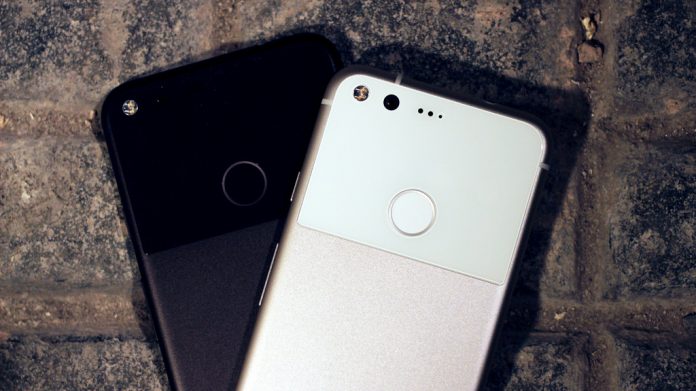
On Thursday, Google announced it had signed a deal with HTC for $1.1 billion to acquire a team of 2,000 of their engineers, responsible for the Powered by HTC division. This means the tech giant now has an in-house hardware team, the very same that has made Pixel devices for two years now.
The Taiwanese company was rumored to be in talks with Google for some months already, and the news comes as no surprise as Mountain View keeps moving forward in their strategy to become a serious third contender in the smartphone market.
Many saw the merger between the two teams coming, either by association because of their longstanding collaboration on Android or by recent speculation. Only time will tell if the deal is as beneficial as it seems for both parties at a glimpse, or if it ends up being another failure in disguise.
We're excited to welcome some new talent to Google: announcing an agreement with HTC. https://t.co/4YrDP4XJ6s
— Google (@Google) September 21, 2017
Google now has control over hardware and software
Essentially, what this agreement means for Google is that it now has more control over the complete experience it wants to deliver to customers who buy Pixel phones and devices.
Not only will these handsets pack stock Android, but they will also be designed from the ground up to make the most out of the OS with hardware components crafted to meet these ideas.
Some signs that there will be deeper integration between hardware and software in upcoming Pixel phones is that rumors suggest the Pixel 2 will have a squeezable frame like HTC’s U11, which will prompt customizable actions like turning off alarms and ending calls.
Tech outlets suggest this would also allow Google to implement unique features at the hardware level to differentiate itself from the competition, such as Samsung’s Bixby button and Motorola’s magnetic strip for Moto Mods.
Oh wow. Google really went and did it. They just bought part of HTC's smartphoe team for $1 BILLIONhttps://t.co/A2laeSpo1m pic.twitter.com/YBV0Ijl400
— Marques Brownlee (@MKBHD) September 21, 2017
Is Google and HTC’s deal truly a win-win?
Despite painting the agreement as a win-win situation, media sites like Bloomberg point out that the deal between Google and HTC might be imbalanced in the end. The makers of Android might get more than they bargained for, while the Taiwanese company’s strategy might prove ineffective in the long run.
HTC continues to have a core smartphone business that wasn’t touched by Google, but its factories need desperately to cut down on worker expenses. This, in turn, might decrease production race as yet another rival strengthens thanks to a workforce they themselves handed over.
Meanwhile, Google might end up using HTC’s team not only to bolster its Pixel business but also to enhance other Made by Google hardware like the Home, Daydream View, and more as it attempts to build a catalog of quality smart devices.
HTC’s best bet if it continues to fail to make a profit from its other business would be to stick to the winning formula: VIVE. The VR division of the company is thriving and shows great promise in the market, so if smartphones ultimately tank, it would be unfortunate but at least there would be a core business that can stand on its own.
Google also plans to gain further control over the services side of its mobile empire with Project Fi. Becoming a wireless carrier won’t happen overnight and it is probably one of the most ambitious ‘moonshots’ in Mountain View, but with the right strategy and resources, it might upscale enough to catch up with Pixel devices.
Source: Google










